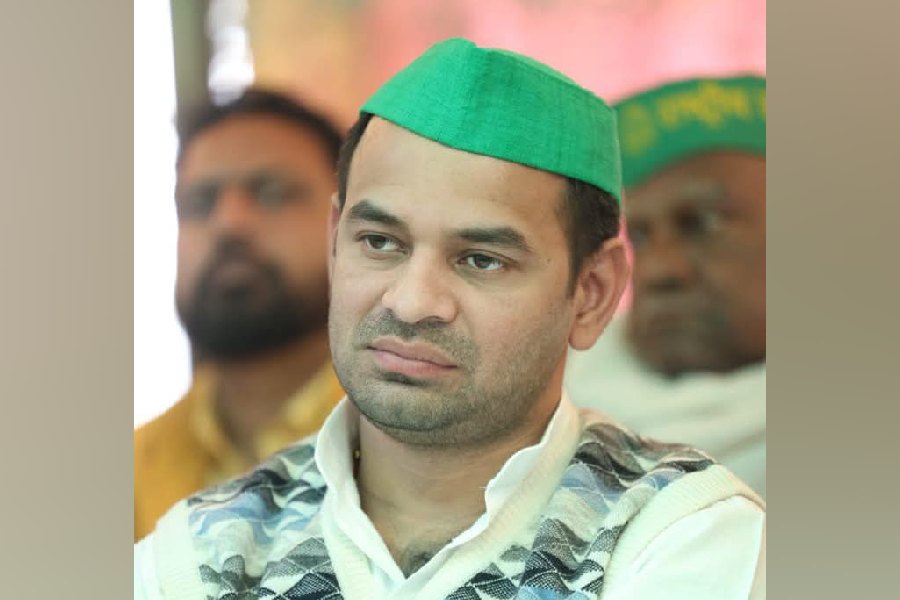 |
New Delhi, Jan. 3: Multiplexes in some of India’s richest localities may soon be showing films against female foeticide, a crime that statistics suggest is most common among the urban elite.
Sources said the government was planning to produce movies against foeticide and screen them specifically in multiplexes, visited primarily by the more affluent in urban India.
The initiative is part of broader plans to target better-off Indians, the sources said.
“The aim of these films will be to sensitise multiplex audiences, which are very different in character and in their choice of films from the rest of India,” a senior official in the women and child development ministry said.
The ministry has already initiated talks with the Film and Television Institute of India (FTII).
At a meeting with FTII officials scheduled for this weekend, minister Renuka Chowdhury is expected to outline how the government plans to go about the project.
After the meeting, the government, the sources said, would shortlist a few filmmakers to direct the movies. Upcoming director Meghna Gulzar is among the names being discussed, they said. The movies might also involve FTII faculty members and alumni, officials at the institute said.
Speaking to The Telegraph a week ago, the women and child development minister had expressed fears of a “girl squeeze” in Indian society.
“There is an increasing girl squeeze in our society. If things continue the way they are at present, soon there may be entire areas where boys don’t have enough girls to marry,” she had said.
The decision to screen movies indicates growing acceptance within the government that while education and financial stability might help overcome many socio-economic hurdles, foeticide continues to plague the better-off sections in India.
Prosperous states like Punjab, Haryana and Gujarat, and Delhi have among the lowest sex ratios in the country (see chart).
Within Delhi, well-to-do localities — like Defence Colony, Preet Vihar and Punjabi Bagh — have among the lowest sex ratios.
Traditionally, not enough has been done to spread awareness among the elite, ministry sources said. But gynaecologist Puneet Bedi accused the government of indulging in “page three talk, based on little understanding of the problem”.
“If I drive a fancy car, I will not switch to a bicycle after watching a movie. The killers of Nithari wouldn’t have stopped killing girls because of a film they saw. Initiatives like these are an insult to the seven million dead Indian girls,” Bedi fumed.
Bedi said the government needed to make serious efforts to enforce the Pre-Natal Diagnostic Techniques (Prevention) Act, instead of spending money simply on awareness.
“In India, the law was introduced precisely because it became clear that awareness alone had failed. Female foeticide cannot be treated as a social evil which awareness can eliminate. It is a crime,” he said.
Bedi also questioned the government’s decision to selectively target the urban rich.
“It is true that the rich have been guilty more often. But that is only because they can afford it. As the charges for sex determination fall, the poor will also engage in the crime,” he said.










